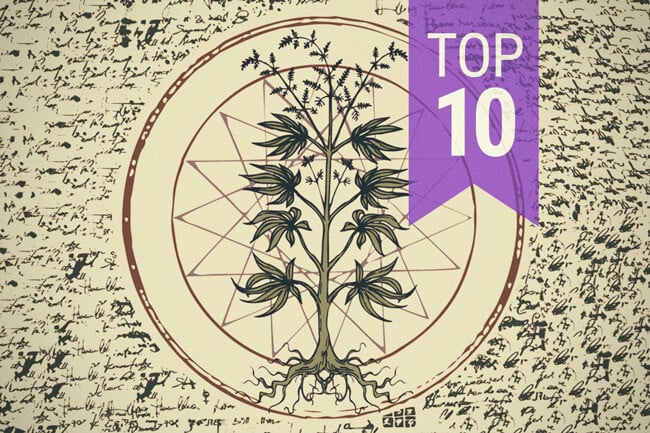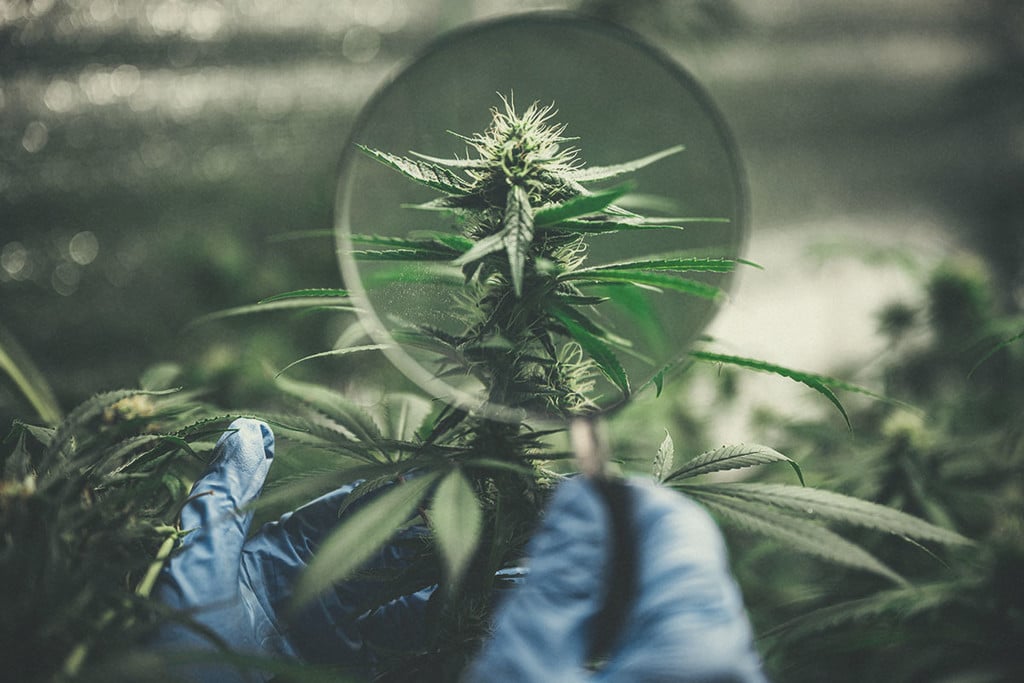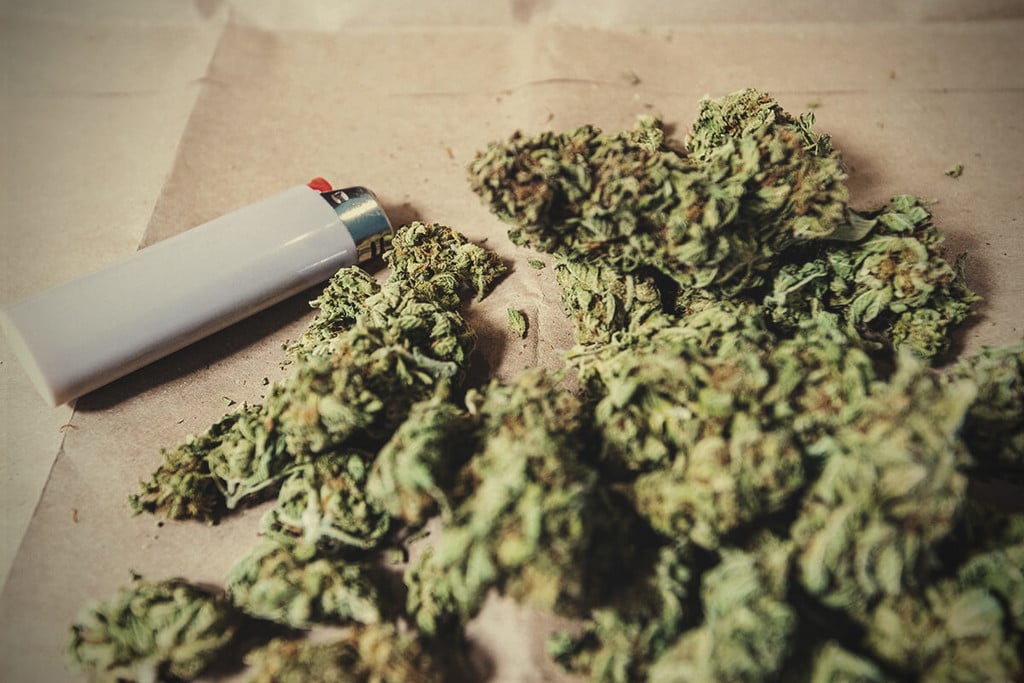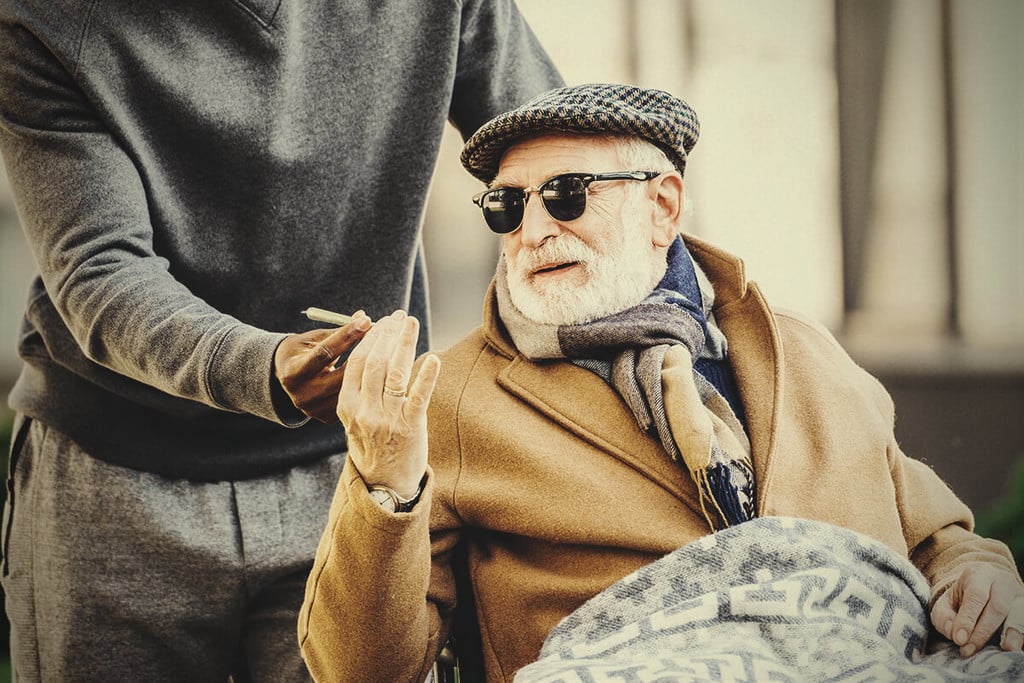.
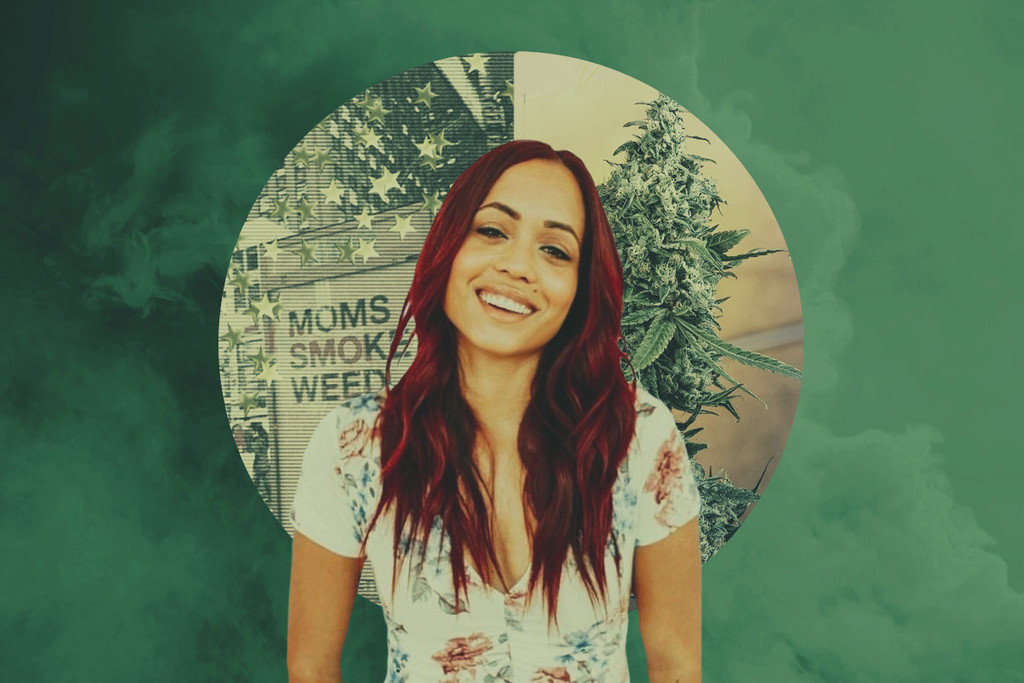
Debunking Cannabis Myths With Tammy Pettigrew
Hi there! My name is Tammy Pettigrew. My goal in the cannabis industry is to remove the taboo around cannabis use. I like to educate about cannabis science, history, laws, and current cannabis news via my Instagram (@thecannabiscutie). Here, I shed light on the plant and educate people on how we can improve our lives with cannabis.
Although cannabis legalization is gaining traction, the herb still carries its fair share of stigma. Listen as Tammy Pettigrew (The Cannabis Cutie) addresses multiple cannabis controversies, including if weed is a gateway drug, if it lowers IQ, and if it's true that stoners are just lazy.
1. Why do some people refer to stoners as lazy?
The prohibitionists in America definitely like to use that as a way to get people to not use cannabis. But I believe the origins of that came with white Americans’ views toward Mexicans during the Mexican Revolution in 1910–1911. We had a lot of refugees coming from south of the border into America, and with them they brought cannabis. But instead of the typical tinctures or candies Americans could buy at the pharmacy, Mexicans smoked the plant. So the media did a really good job at convincing well-doing Americans that this plant was making them lazy like the Mexicans, which is quite hilarious because in America, Mexicans typically do manual labour work in high temperatures. So the origins of the lazy stoner stereotype came from xenophobia towards Mexicans, unfortunately.
2. Does holding a hit of weed smoke make you higher?
That is a myth. Holding in smoke makes you lightheaded due to a lack of oxygen; you really only need to inhale it. To ensure it reaches those receptors, just take a deep hit, and exhale without holding. Holding it in does not benefit your high, or your lungs, at all.
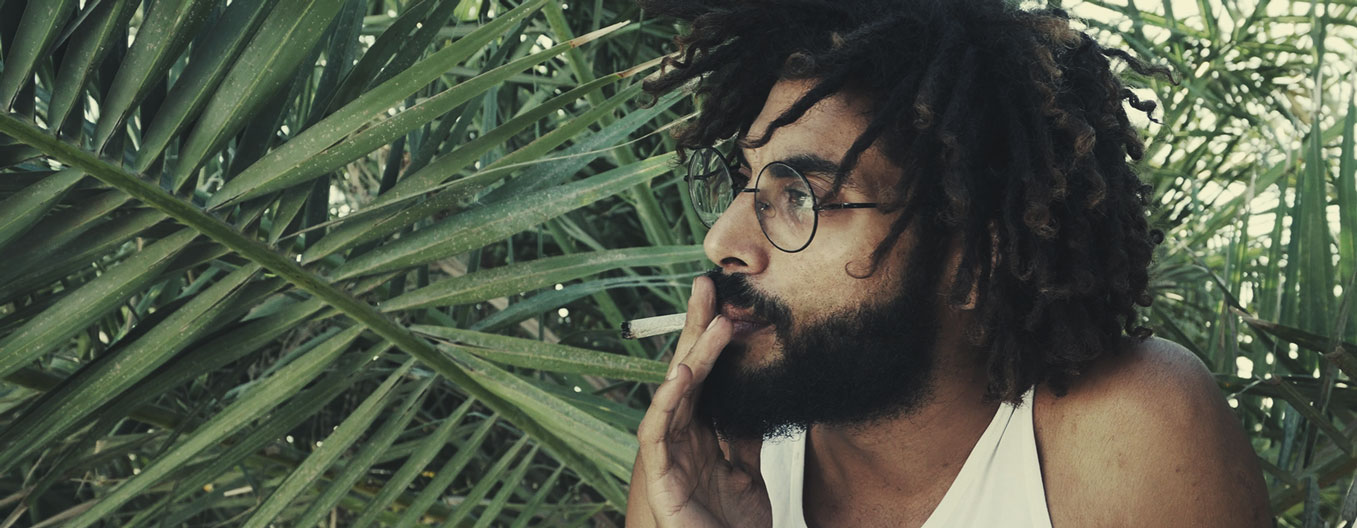
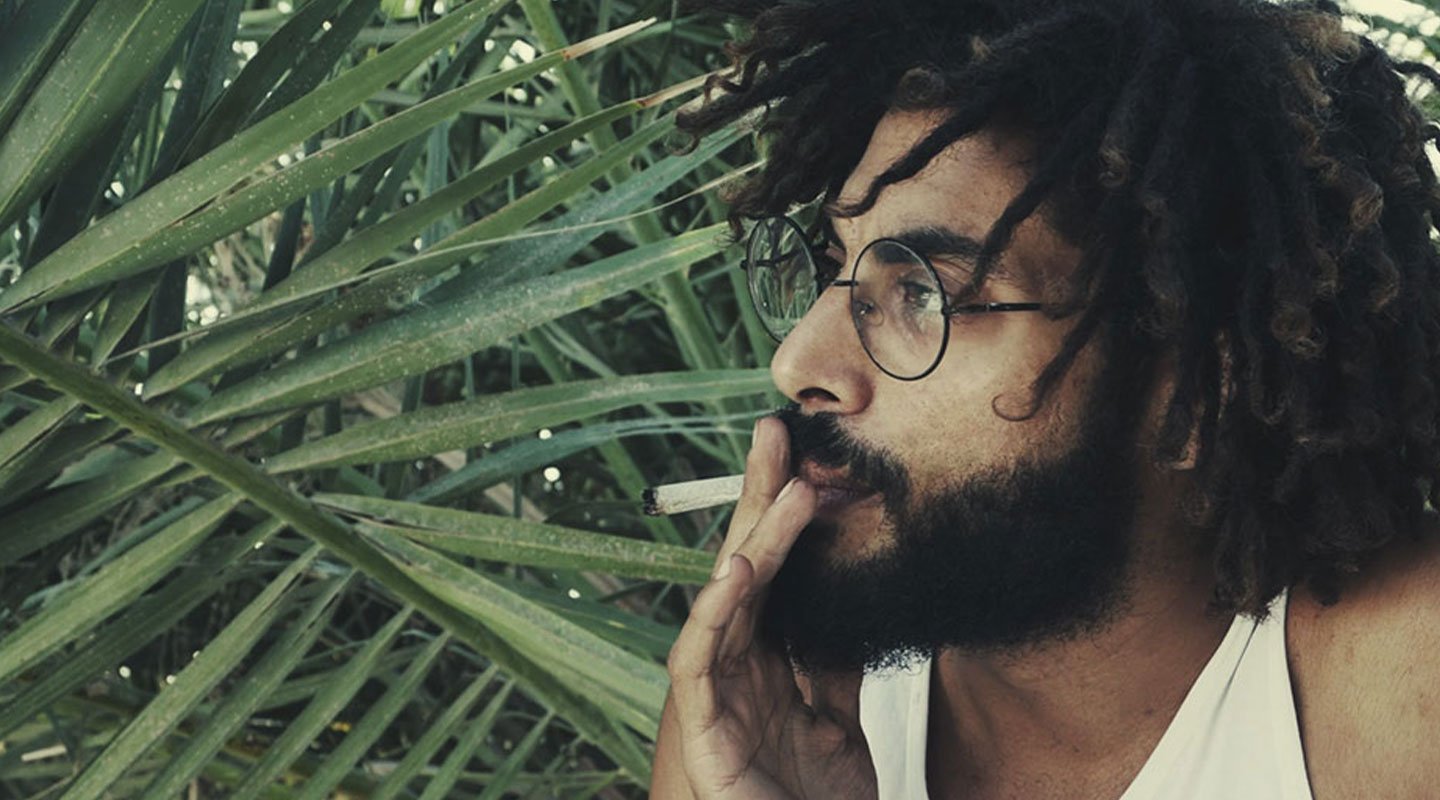
3. What would you say to people who think cannabis is a highly addictive substance?
I would say that there's a difference between chemical dependence and just addiction. So, a chemical dependence on substances like nicotine, crack, methamphetamines, and heroin—these are things with the potential to make your brain addicted within a week. This is even true of some pharmaceuticals.
Now, people can become addicted to cannabis, but not in the same way. It's kind of like how we get addicted to chocolate or fast food or soda or bad relationships. It just becomes a bad habit. So although there is no such thing as cannabis addiction in the way of nicotine or pharmaceuticals, you can have cannabis use disorder, which could be a dependence issue.
4. Is marijuana a gateway drug?
Oh no! I would say the gateway drug is alcohol. And cannabis is actually a really effective “exit” drug as well. If you have somebody who is dependent on pharmaceuticals, recreational drugs, or alcohol, getting them off a substance without severe withdrawal is something that cannabis absolutely aids in. But most people I know that consume cannabis are high-functioning and healthy. They're not trying anything else that's harming their body, nor do they have any interest in doing so. So, again, that’s something that prohibitionists use to deter children and adults from using cannabis.
"I remember doing a live in my backgarden in the middle of the day—it was like a “Galentine’s” thing—and I had a glass of champagne in one hand and a joint in the other. And I hid the joint, but not the champagne. And then I had a come to Jesus moment. I'm like, wait, one of these things is harming my body, and the other is aiding in its healing."
5. Speaking of parents, should we speak to them about smoking weed?
I think that the best way to help destigmatise this plant is to talk to our loved ones. And I think parents are a great place to start. As our parents get older, they’re taking more medication, they're feeling more pain, they have more ailments. I think talking to them about this nontoxic alternative is a very important discussion that we should have as stoners and cannabis users. I definitely talked to my parents about it. I have one that will only do topicals, and one that will only do CBD. But that's such a great start. And so I absolutely believe that we should be talking to our parents.
6. Can you talk to us a little bit about the stigma of parenting and cannabis in general?
So I'm actually a mom of two. And for me, I remember doing a live in my backgarden in the middle of the day—it was like a “Galentine’s” thing—and I had a glass of champagne in one hand and a joint in the other. And I hid the joint, but not the champagne. And then I had a come to Jesus moment. I'm like, wait, one of these things is harming my body, and the other is aiding in its healing. So that was, for me, a wow moment. So I felt I needed to talk to my kids about this before they started school. And then, of course, they eventually received all of the lies around the plant, which is basically a form of control from our government.
There have also been studies here in America, I believe out of Colorado, that showed that whenever parents are able to consume cannabis, they're way more engaged with their children—they’re more interested in watching TV shows, playing games, and they have reduced levels of stress. I mean, a happy mom is much better for children than a stressed-out, anxious, depressed mom. So I believe that the stigma needs to change. If moms are allowed to be cool "wine moms", moms—and dads—should be able to smoke a joint and still be considered good parents.
7. What do you think about the millennial influence on ending the stigma around cannabis?
I think the impact is huge. Millennials and Generation Z are demonstrating the health benefits of cannabis and modelling to the people that came before that they were raised on propaganda, saying, “Hey, you've been misinformed and misled, I'm showing you that I'm consuming cannabis, I'm still successful. Everything in my life has not fallen apart the way you were taught to believe”.
So I think millennials stepping into this and taking on the reins of hopefully ending prohibition has been quite important. And a huge turning point, I think, for legalization to come.
8. In Europe, we always come a little bit later than the States. So, for us, alcohol seems to still be the major recreational outlet. How is that in America?
You know, in America, there is a new trend called “Cali sober”. That just means you consume cannabis, and maybe other natural substances like psilocybin, but you stay away from alcohol and other recreational drugs. So, at least for my generation, we are getting away from the dominating drinking culture. Colleges and universities are a huge market for big alcohol in America. Students are bingeing it pretty much every weekend. So I'm happy to see that movement and trajectory of “Hey, we're done putting these foreign substances in our body that do more harm than good”. And we're definitely open to consuming beneficial substances and having fun doing so.
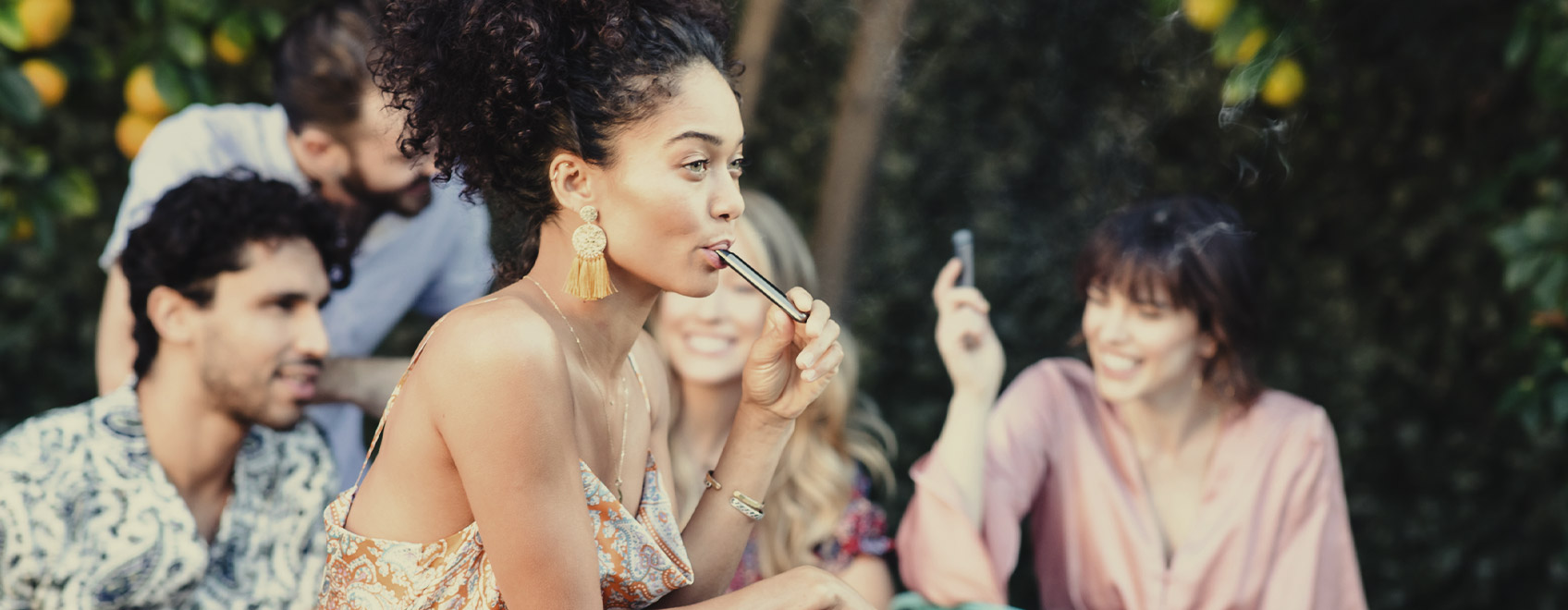
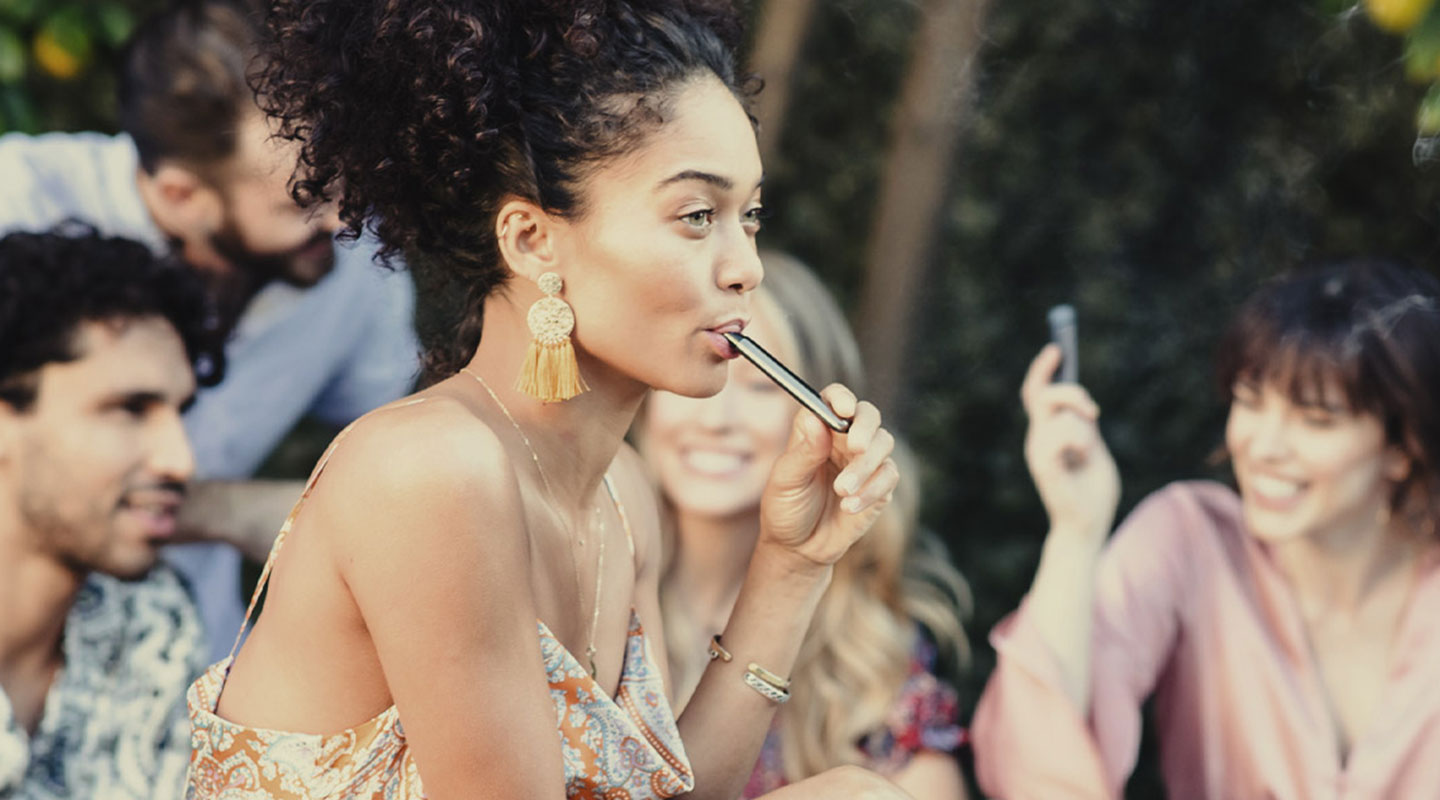
9. Why do you think cannabis is not yet legal worldwide?
There are so many interests that would be affected if cannabis were to be legal worldwide. If weed became federally legal in the US, for instance, prisons would lose a lot of revenue. In America, slavery is still legal in this regard. If you're imprisoned, they can make you work for free (or maybe for 20 cents an hour) without benefits, without workers’ comp, without days off.
You also have law enforcement budgets that will be affected because they get to keep the money they seize, and it's tax-free. You have big pharma who would be affected, big alcohol who would be affected—so it's really just money. And then, if you think of the hemp plant and all of the products that it can replace, it's just a huge threat to so many industries. So I think that's a big reason as to why it’s still illegal. They haven't quite figured out how to replace the profits. And until they do, I think we're still gonna have this issue.
10. Do you think legalizing pot will cause more drugs to be legalized?
I definitely think it will. I think we're experiencing an awakening of, “Why are we controlling what people do to their own bodies?”. If somebody makes the conscious decision to do cocaine or crack, I think that's kind of their personal choice, in the same way it's somebody's personal choice to eat fast food seven days a week. Long term, both of these people could negatively impact their families, they could have premature deaths—a lot could go wrong, and it could affect the generations below them. But we're not monitoring people's bad relationships or bad dietary choices.
I don't think we need to be monitoring what people are doing in the privacy of their own homes, regardless of if it's causing harm. So I think that's a discussion we need to have—to stop policing and criminalising behaviours that we don't see as moral.
11. What are your (just personal to you) three main reasons cannabis should be legalized worldwide?
One reason I believe cannabis should be legalized worldwide is because our planet is going through an environmental crisis. We could absolutely reduce the greenhouse effect and start to repair the damage that we've done to the soil, the air, and our food.
Another reason is because we cannot criminalise people's behaviour and then profit off of their mistakes. I think it is completely immoral to say, “Hey, because you've been caught with a joint for the third time, you're now in prison for life, and we can exploit you forever”.
And finally, it needs to be legalized to free all of the people who are locked up—it's just not fair. The mass incarceration that we have in the United States is akin to Jim Crow and slavery. So that is another reason—seeing so many people walk around with a label that affects them for the rest of their lives. You could get arrested at 18, but because you have this incarceration label, you don't have access to certain jobs, loans, education, voting, passports, etc. for the rest of your life. So I'd love to see the millions of Americans who have this label that's reduced their place in society to be liberated and empowered again.
12. Does marijuana cause you to lose control? Or are you aware of what's happening around you?
Since everyone has a different body, everyone is going to react differently. Just like how we have some friends that should probably never drink alcohol, and some that you can't even tell if they had four beers. Cannabis is definitely a unique experience. How you respond to one strain, your best friend may respond differently. So it is all trial and error. Arguably one of the best ways to determine your individual experience is to keep a journal. How did you feel before and after? What were you trying to accomplish? Did you accomplish it? It's definitely a case-by-case thing.
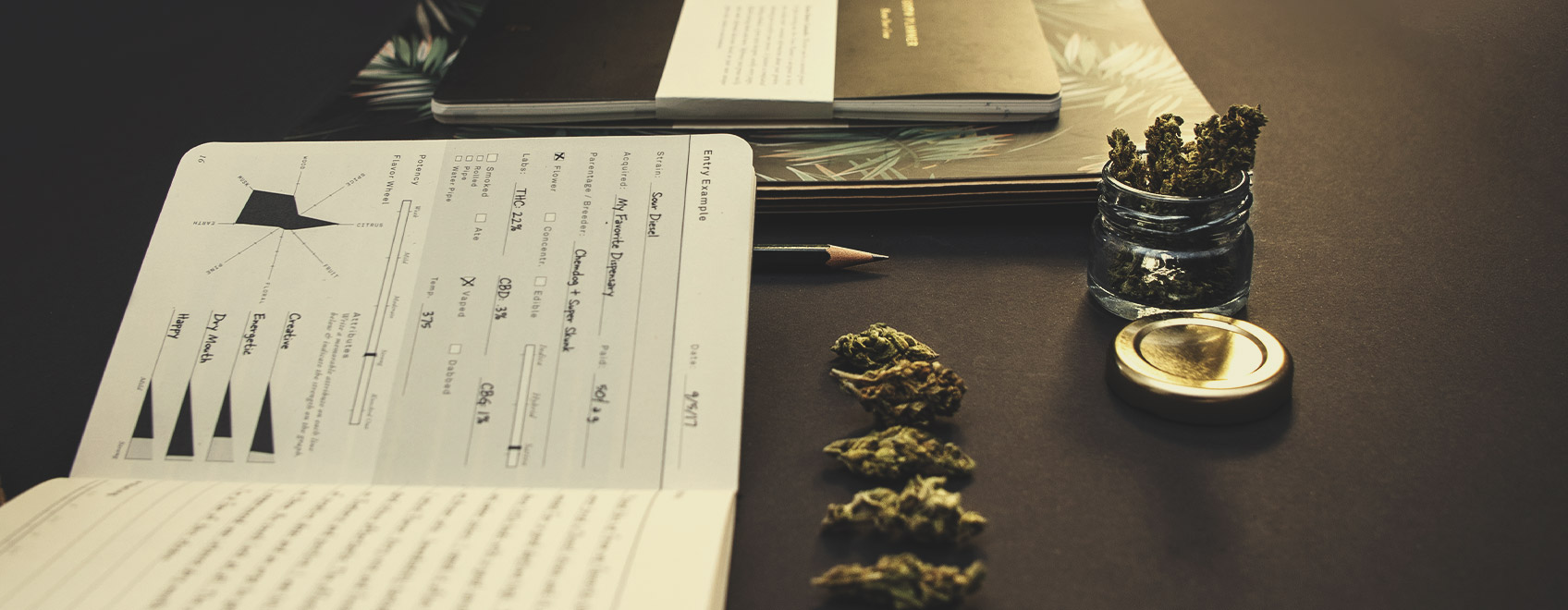
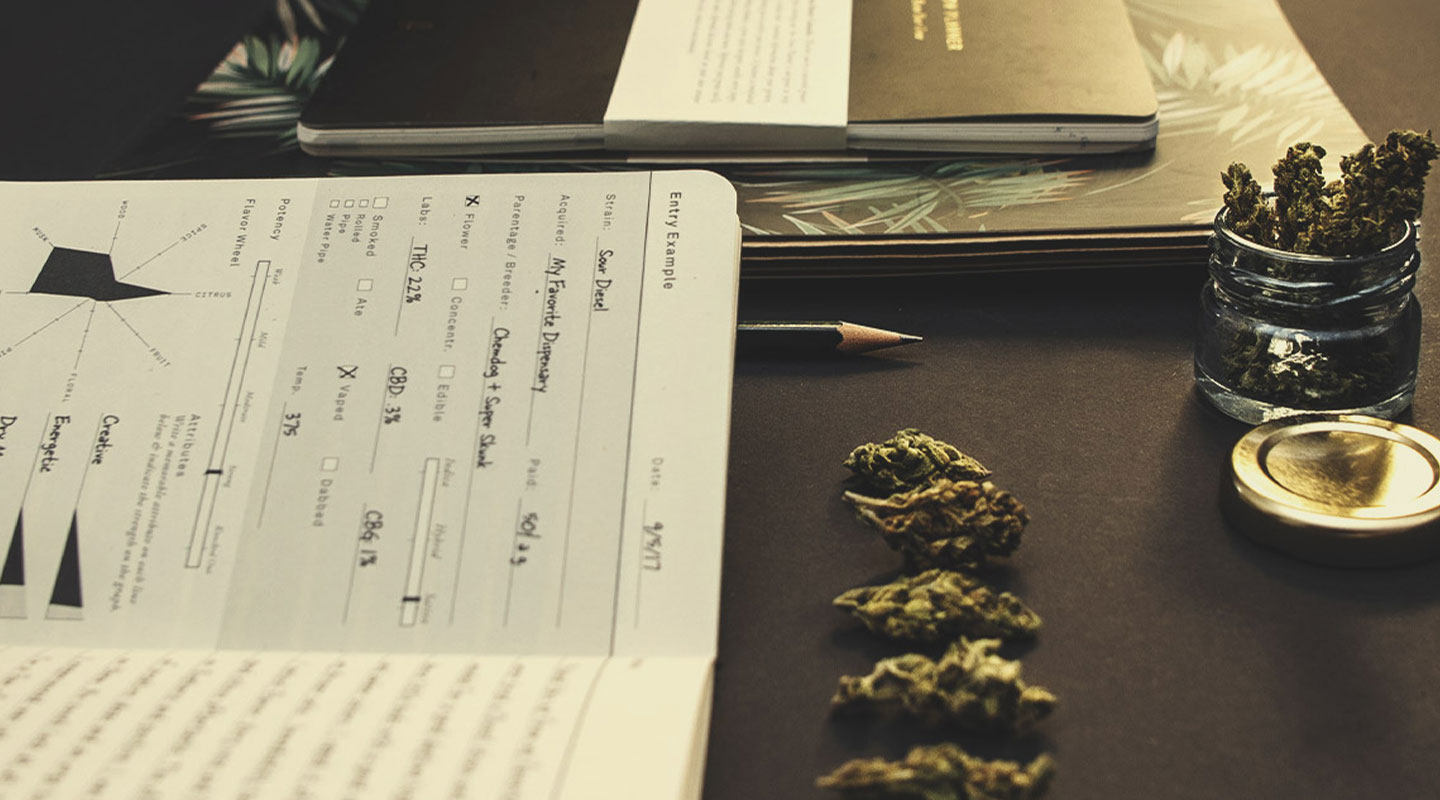
13. Did you keep a journal when you were starting out?
Yes, I did. Probably not when I first started out, but I would say during COVID, I really started to think about some of the strains I was using. That's when I realised my body seems to love anything that's labelled “OG”, for the energy. Yet the marketing says it should put me to sleep.
14. Do you think when/if cannabis is legalized that more people will use it?
I think once the stigma is lifted, people are going to be more willing to try it, just because they know they're not going to go to jail. I have a lot of friends that refuse to try the plant simply because of its legal status; because it's illegal, it's automatically wrong. So once we take that away, I think a lot more people will be open to actually understanding that this is plant medicine.
15. Does long-term cannabis use reduce IQ?
There have been studies into this, and the answer to that is no. I think IQ is kind of stable your whole life? I don't think there's much that changes it. But no, cannabis does not reduce your IQ. If anything, for me, especially after I’ve consumed, my creativity goes up, and my desire to seek out information increases. I definitely credit cannabis to a lot of the knowledge that I've desired to learn and actually follow through with. So I would say cannabis probably helped my IQ. There is no scientific evidence saying that it reduces or increases it.


























